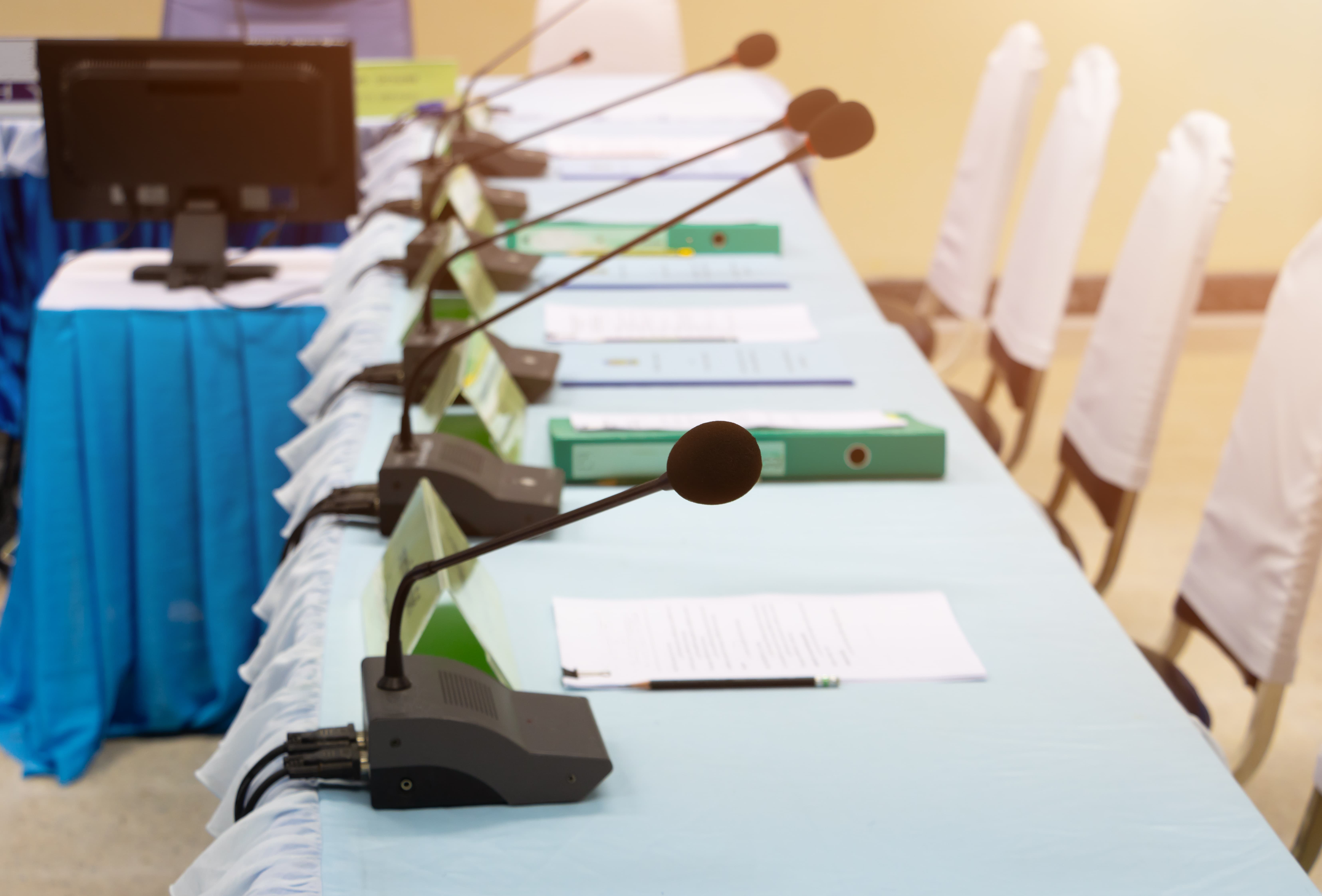 Aug 31st, 2021
Aug 31st, 2021Reasonable Decorum: Not Too Much to Ask
Unfortunately, videos of school board meetings descending into shouting matches, or worse, are becoming increasingly common. While there may be no 100% effective way to prevent people from engaging in obnoxious or bullying behavior during board meetings, school districts have tools at their disposal to facilitate civility.
While perhaps hard to define, the expectation that reasonable decorum be maintained during board of education meetings has been found to be an appropriate and enforceable requirement for public comment periods during board of education meetings. A recent federal appeals court decision affirmed the authority of school districts to mandate that members of the public maintain reasonable decorum while addressing the board of education during a public comment portion of a board meeting.
“Though the exact contours of ‘reasonable decorum’ lack precision, perfect clarity and precise guidance have never been required even of regulations that restrict expressive activity.” Ison v Madison Local School Dist. Bd. of Educ., 3 F4th 887, 897 [6th Cir 2021]
While precise rules pertaining to public comments periods (for example, three minute time limit per speaker, thirty minute time limit for entire public comment period, no yielding time to another individual, no right to speak at consecutive public comments periods) are powerful tools for managing public comments periods, school districts may also wish to announce more general expectations for behavior (for example, respectful discourse, orderly behavior) so as to give boards flexibility when confronted by uncivil conduct during public comment periods.
In addition to mandating reasonable decorum during public comment periods, we believe that courts would likely uphold a reasonable decorum requirement for all attendees at board of education meetings, not just those participating in public comment periods.
Those in attendance at board of education meetings can effectively frustrate the ability of a board to conduct important school district business by engaging in unruly behavior. Further, a board may be prevented from hearing from individuals who seek to address the board if others in attendance are yelling or otherwise trying to drown out a speaker who has the floor.
In addition to specific rules designed to facilitate an orderly and productive public comment period, boards may wish to add a more general “reasonable decorum” requirement not only for those participating in public comment periods, but for all individuals attending board meetings. Specifying that audience members must not interrupt or otherwise impede the board’s ability to hear from speakers during public comments periods, may discourage unruly behavior. Further, clearly conveying such an expectation would bolster the ability of a board to take steps to remove attendees who fail to comport.
In addition to adopting considered policies relating to conduct during board meetings, it is important to consistently remind attendees of the expectations embodied in such policies and the rationale behind the policies.
When attendees ignore requirements pertaining to civility, it is important that school districts respond in a measured and consistent manner. Inconsistency in terms of how a district responds to violations of its policies pertaining to behavior during board meetings will likely be met with impassioned claims that a board is selectively enforcing policies against some group or position because a board disagrees with a particular viewpoint. Not only might this lead to public relations problems for a board, it could potentially expose school districts and individual board members to lawsuits asserting First Amendment free speech retaliation claims. To avoid such claims, boards should strive for consistency when seeking to maintain reasonable decorum during board meetings. Generally speaking, boards should focus on the manner in which a message is conveyed as opposed to the message.
Regardless of the efforts a district may take to facilitate civil and productive meetings, given the current social climate, districts may experience unruly conduct during board meetings. If situations escalate and become physical or individuals make threatening comments, we recommend promptly involving law enforcement.




